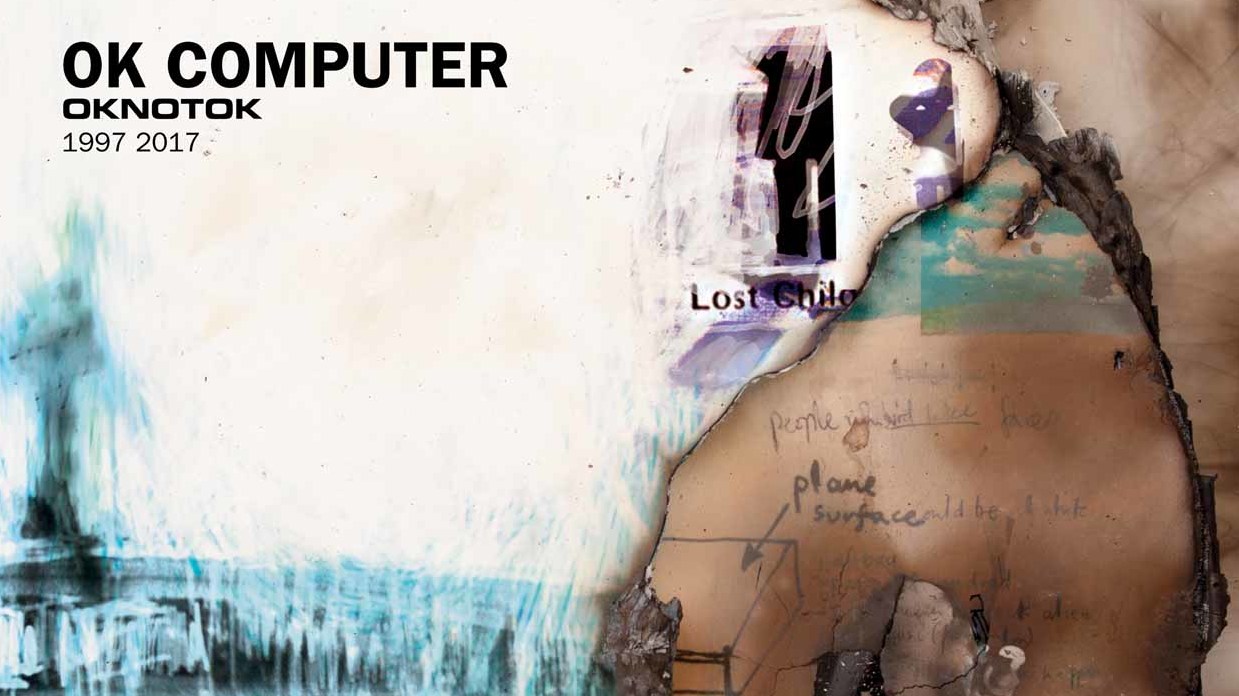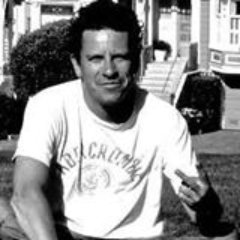Attempting to emulate Miles Davis’ avant-garde epic Bitches Brew – “building something up and watching it fall apart” – though incomparable genre-wise, on balance, history validates Thom Yorke’s youthful chutzpah.
Breaking free from the retro-fixated, introspective Britpop stodge of their peers’ output, OK Computer had critics of the day clambering for the nearest thesaurus, and with good cause. A courageous left-field leap from the wondrous, if essentially conservative, guitar-stuffed The Bends, it would prove a career defining bridging point from indie to the fragmented shards that ensued. A searing riposte to the day’s ‘things can only get better’ mindset, impersonal cityscapes of steel and glass vibrating with pre-millennial tension, inner anxieties and alienation were examined through the filter of burgeoning technology and palpable unease. Or they were just “fucking miserable bastards”, as some suggested. Flagged up by lead single Paranoid Android, the six-minute, four-part Bohemian Rhapsody for the ADHD generation, never before or since has such convoluted ambiguity charted in the Top Three (well, perhaps Laurie Anderson’s O Superman).
Opener Airbag lulls us in, not entirely dissimilar to The Bends’ Planet Telex, but from there on, things shift fast and loose. Exit Music (For A Film) – literally, for Baz Luhrman’s Romeo + Juliet – plus further singles Karma Police and No Surprises ostensibly display the trappings of conventional songwriting, but they’re infused by an experimental weirdness: unusual instrumentation, too much space, left-turns, surprises. Genius, in other words.
The scrappy guitar aggression of Electioneering rubs abrasively against the genuinely distressing Climbing The Walls: the aural equivalent of psychogeography in a mental asylum. The blank-faced core is Fitter Happier, the robotically intoned, stark slice of musique concrète that reads like a recipe for corporate nihilism – a message that hasn’t dated.
Package-wise, there’s the original album, eight B-sides, plus three offcuts of considerable quality. I Promise conflates Roy Orbison and U2’s All I Want Is You with added pathos, while Man Of War dials up the pomp with a backward glance as it passes. The anthemic Lift, according to guitarist Ed O’Brien, was subconsciously nixed due to its commerciality, and he’s got a point. Lose the drum shuffle and some of the arrangement and here’s the Elbow and Coldplay blueprint writ large.
As pertinent now as it was 20 years ago, presaging the political, the personal and the musical – Brexit, binary opinions, atomisation, the ghostly dubstep of Burial – OK Computer’s a time-travelling Zeitgeist.

